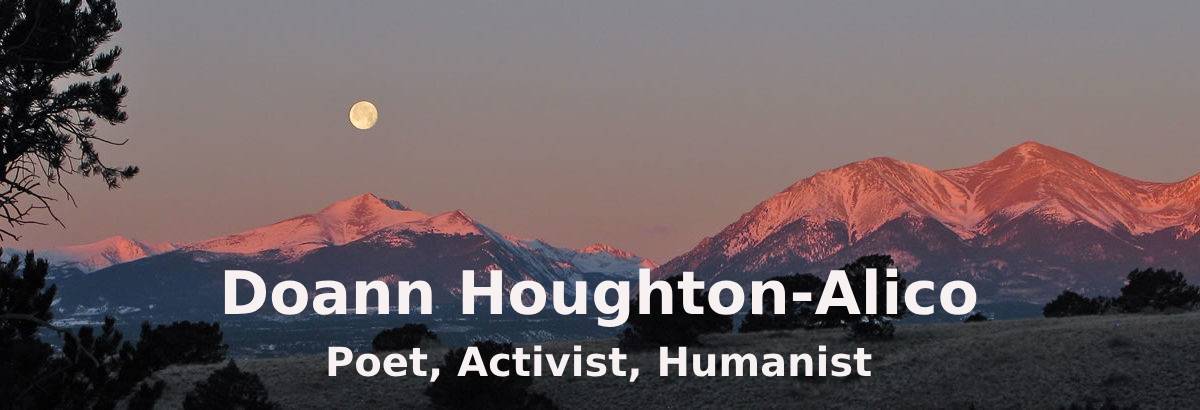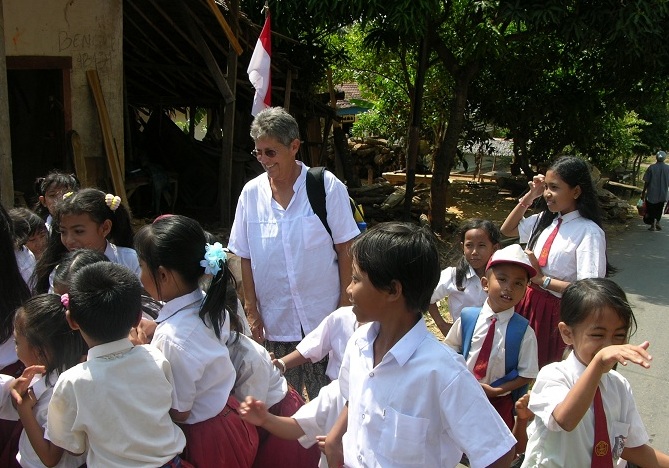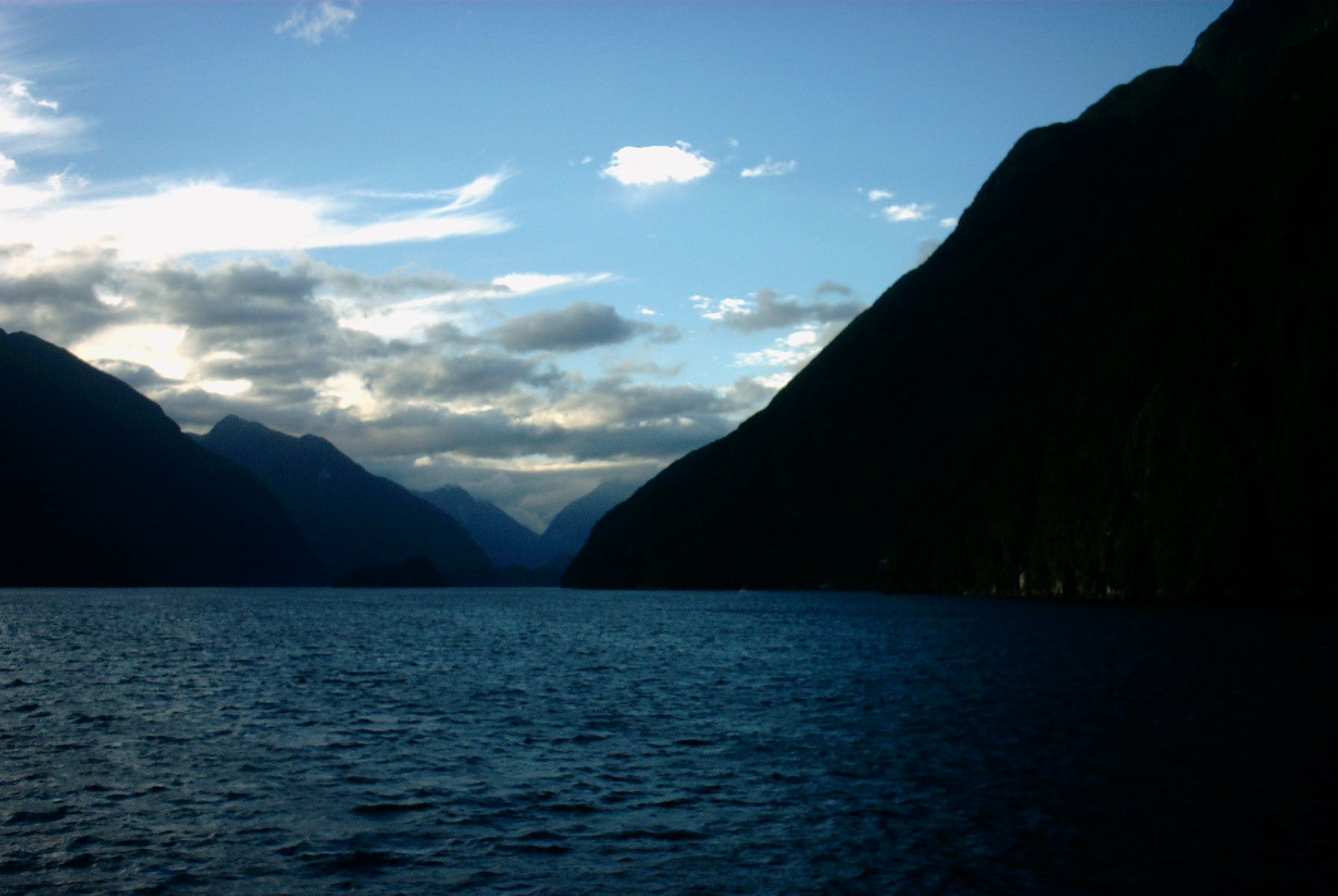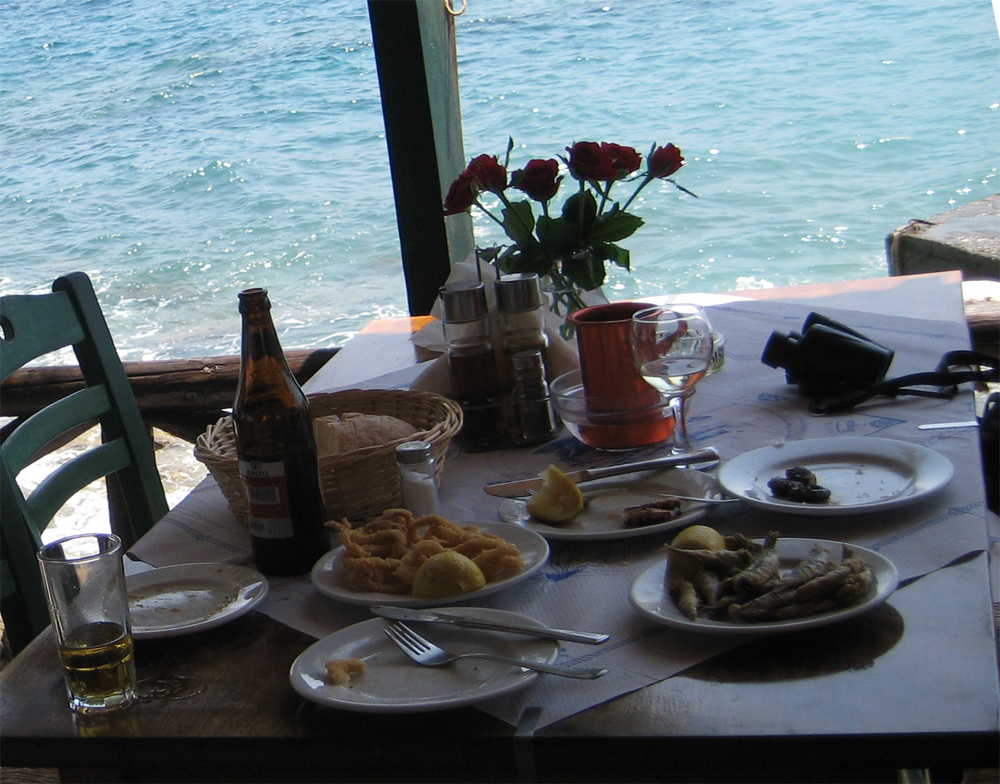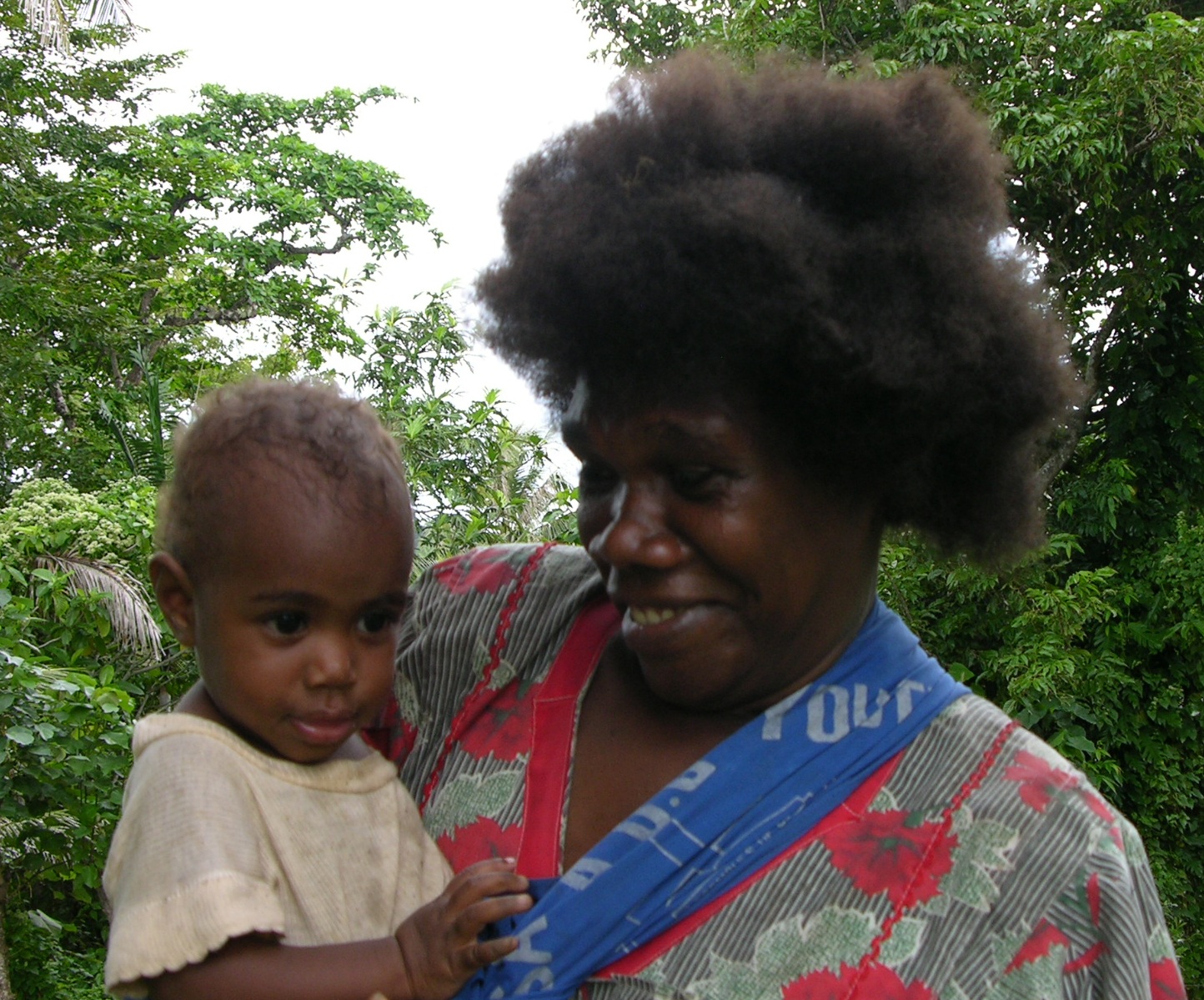At the risk of being considered lazy, this blog consists of the epigraphs I used in Voice of a Voyage: Rediscovering the World During a Ten-year Circumnavigation. While it is true I had family visiting for Thanksgiving, that is not my only reason for using something already written—and written by others at that! I spent substantial time in selecting the right quotations for each chapter’s topics. It’s interesting to me to see what kind of story this travel wisdom from others tells us. Also, it will give those of you who have not read Voice of a Voyage an idea of the contents. In deference to space and your time, I have included chapters one through eight this week, and will complete this sojourn next week. The chapter titles are included before their epigraph(s), but not the section titles. I have added a few editorial comments, so to speak. Let me know what you think too.
The first one is a classic and so well recognized, it is almost a cliché, but it speaks a basic truth. And sometimes when the “world’s more full of weeping than you can understand,” you need a touch of humor as in Martha Harrison’s quote for Chapter Six
1 Reflections on the Prelude
We shall not cease from exploration
And the end of all our exploring
Will be to arrive where we started
And know the place for the first time.
—T. S. Eliot, “Little Gidding,” Four Quartets IV
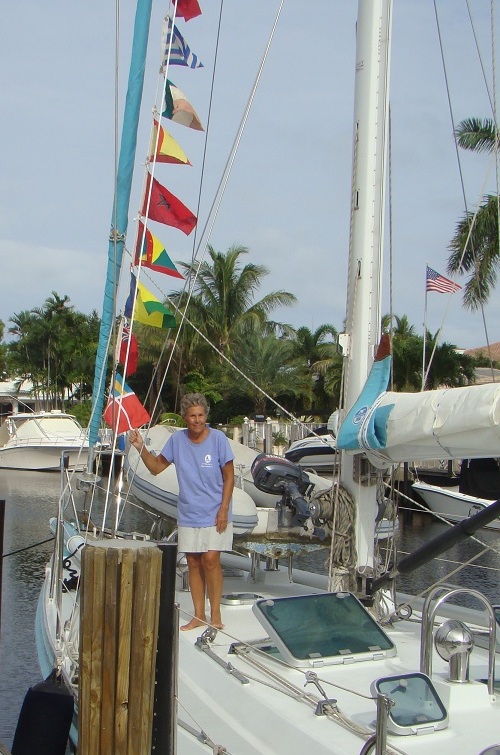 Standing on the deck of Bali Ha’i III with a few of our many courtesy flags at the end of our voyage.
Standing on the deck of Bali Ha’i III with a few of our many courtesy flags at the end of our voyage.
2 Central America: The Multifarious Nature of Seeing
We knew that what seemed to us true could be only relatively true anyway. There is no other kind of observation.
—John Steinbeck, The Log from the Sea of Cortez
[DHA: John Steinbeck—he writes (again, and again) the basic truth.]
3 The Longest Passage: What It Means to Travel
To live is to see, and traveling sometimes speeds up the process.
—Edward Hoagland, “Heading Out from Home,” The Tugman’s Passage
[[DHA: Edmund Hoagland is a consummate author. I highly recommend any and all of his work.]
Here I’m in the midst of several students I was visiting with on an Indonesian island.
4 South Pacific: The Dichotomy of Gift-Giving
The sea does not reward those who are too anxious, too greedy, or too impatient. To dig for treasures shows not only impatience and greed, but lack of faith. Patience, patience, patience, is what the sea teaches. Patience and faith. One should lie empty, open, choiceless as a beach—waiting for a gift from the sea.
—Anne Morrow Lindbergh, Gift from the Sea
We make a living by what we get, we make a life by what we give.
—Sir Winston Churchill
5 Kiwi Land: The Lessons of Isolation
Come away, O human child!
To the waters and the wild
With a faery, hand in hand,
For the world’s more full of weeping than you can understand.
—William Butler Yeats, The Stolen Child
The fjords of New Zealand.
6 Melanesia: Dinner and Destruction
I’ll bet what motivated the British to colonize so much of the world is that they were just looking for a decent meal.
—Martha Harrison
The spirit cannot endure the body when overfed, but, if underfed, the body cannot endure the spirit.
—St. Frances de Sales
[DHA: It seems these 180 degree quotations about eating shouldn’t be combined, but I explored both delicious meals we ate around the world and the deeper issues of hunger.]
The remnants of a terrific meal in Crete.
7 Australia: Down Under to the Extreme
Out here, we hear the ants breathing. Land is somethin’ the black fellas need. We came from the land, we go back to the land; it’s part of us. Whites just use up the land.
—Aboriginal elder in radio interview
8 Southeast Asia: Death and Hope
“Hope” is the thing with feathers –
That perches in the soul –
And sings the tune without the words –
And never stops – at all –
—Emily Dickenson
Hope often exists in unlikely places, as one discovers through travel.
Let me know if you have a favorite quote about travel and does this pique your interest about Voice of a Voyage: Rediscovering the World During a Ten-year Circumnavigation?
